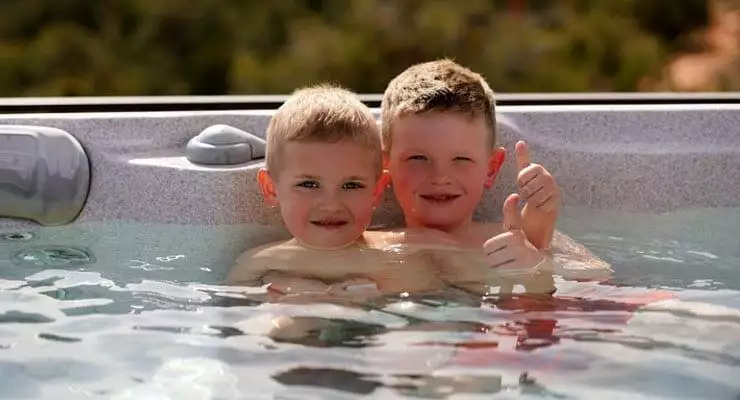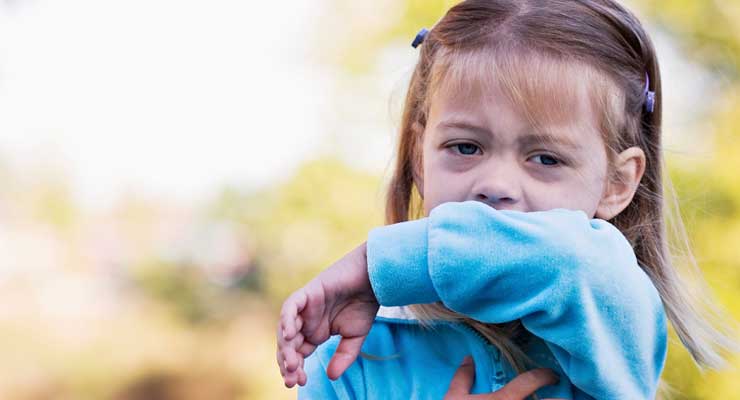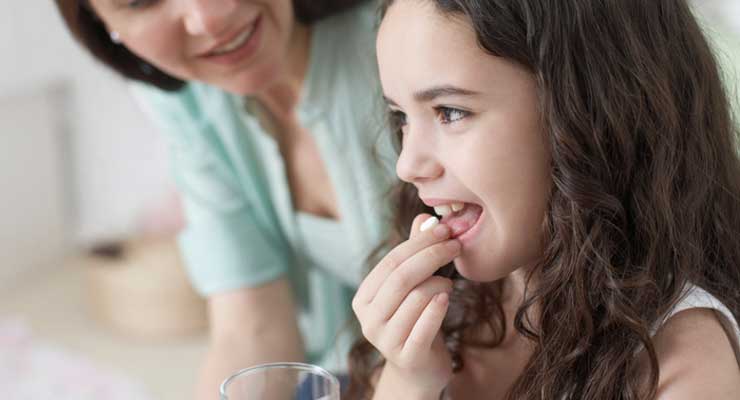Search Results for: children
Breathing Difficulties in Children
While taking a breath should be simple, some children struggle with difficulties that make taking in air more challenging. If your child seems to be exhibiting difficulty breathing, an assortment of causes could be at the root of this struggle. By exploring the potential breath-related challenges with which your child is dealing, you can more effectively help him overcome this struggle.
Children & Hot Tubs
Although children are more commonly associated with romping around in a swimming pool, some, like adults, enjoy a relaxing soak in the hot tub. While these relaxation devices do not often come with an age limit attached, parents should exercise caution when allowing their children to use them. By carefully determining whether or not your child is ready to use a hot tub and monitoring him from the moment he steps in to the second he exits, you can reduce the likelihood that your child’s hot tub experience ends badly.
How to Stop Children Falling Out of Bed
Falling out of bed is common for young children, especially those who have recently switched from a crib to a bed. Without the crib slats to hold them in bed, children might roll right off the edge of a regular mattress. Most falls from a toddler or twin bed won’t result in serious injury. A child falling from a top bunk bed runs the risk for a more severe injury. Simple safety strategies reduce the chances of your child falling out of bed from any height.
Croup in Children
If it’s wintertime and you have a child who is 5 years old or younger who has a barking type of cough, she might have a virus called croup. Children older than 5 years can also get croup, and they can get croup in other seasons besides winter, but it’s most common in young children and during the winter months. Most times, croup is mild enough that you can treat it at home, but recognize the signs of a more serious condition that requires a doctor’s attention.
Pain Relievers for Children
While no parent likes to see their child suffer through pain, you do have to exercise caution when giving pain relievers to children, as these medicines can have a much larger impact on their petite bodies than they do on adult medicine takers. To select the right pain reliever for your child, consider the specifics of his pain as well as his age, ensuring that you choose just the right remedy for him.





